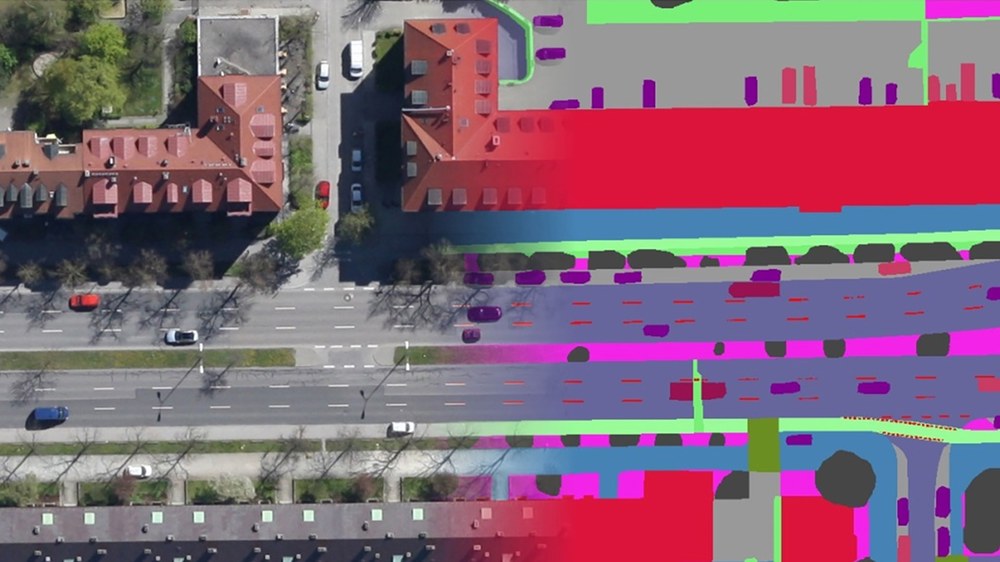Earth observation data sharing with the German Federal Administration


- Public authorities have growing geoinformation needs.
- Earth observation supports areas of demographic and economic concern.
- A new agreement with the German Federal Ministry of the Interior strengthens the transfer of technology from science to public administration.
- Focus: Earth observation, security, digitalisation, technology transfer
Earth observation data is becoming increasingly important in many areas of public administration. From traffic analysis to environmental monitoring and crisis management, there is an ever-greater need for accuracy and speed of remote sensing data from space or from the air. The German Federal Ministry of the Interior, Building and Community (BMI) has now finalised an IF-Bund Framework Agreement with the German Aerospace Center (Deutsches Zentrum für Luft- und Raumfahrt; DLR) to use this data. The agreement on Innovative Remote Sensing is open to all federal public authorities. It allows remote sensing data to be accessed and quickly applied in public administration.
"The rapid advances in Earth observation enable the use of remote sensing data in fields that would not previously have considered remote sensing," says Monika Gähler from the German Remote Sensing Data Center (DFD) in Oberpfaffenhofen. "New sensors, quick turnarounds and new evaluation procedures allow for applications that would have been inconceivable even 10 years ago." Information can be acquired on demographic or economic matters – for example, on infrastructure usage in ports or car parks, or on the state of inner-city green spaces. Where required, the IF-Bund project will develop further applications. The use of artificial intelligence will create even more possibilities.
Expansion through artificial intelligence
“Sharing the results and opportunities offered by our broadly based remote sensing technologies is of special concern to DLR. We can use the new Framework Agreement to transfer our knowledge to the public authorities and beyond,” explains DFD Director Stefan Dech. DLR will develop solutions in response to specific needs of the German federal authorities. These can then be tested and adopted by the public authorities. DLR has already successfully established satellite-supported procedures for the administration in the past.
The new Framework Agreement strengthens this link between public administration and science. “The IF-Bund project encourages the regular exchange of scientific expertise, in order to facilitate the timely use of remote sensing in the German federal administration. This ensures that innovations quickly find their way into administrative practice,” says Markus Kerber, State Secretary at the BMI. He mentions housing development analysis and land use monitoring as examples of current reference points.
